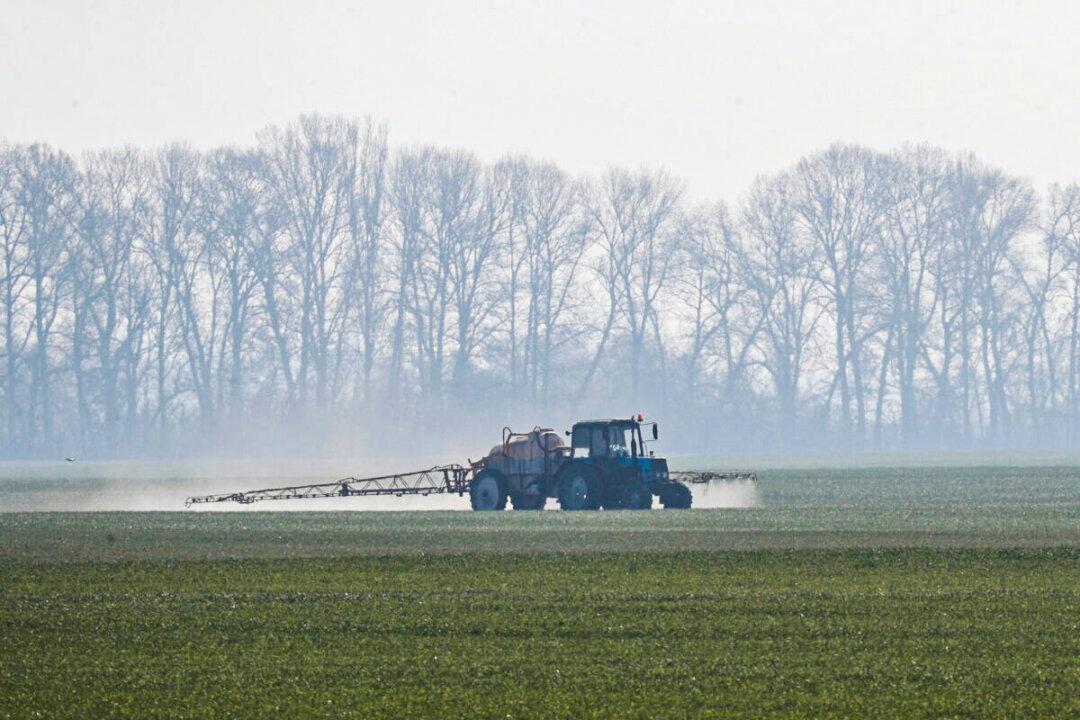Ukrainian train wagons containing grain are stuck close to the country’s border with Poland, according to data from Kyiv’s state-run railway company Ukrzaliznytsia.
In total, 24,190 wagons carrying various goods like chemicals, iron ore, coal, etc. are waiting to cross the western border, Reuters reported, citing the railway company data. Of this, roughly 1,100 wagons are carrying grain.





